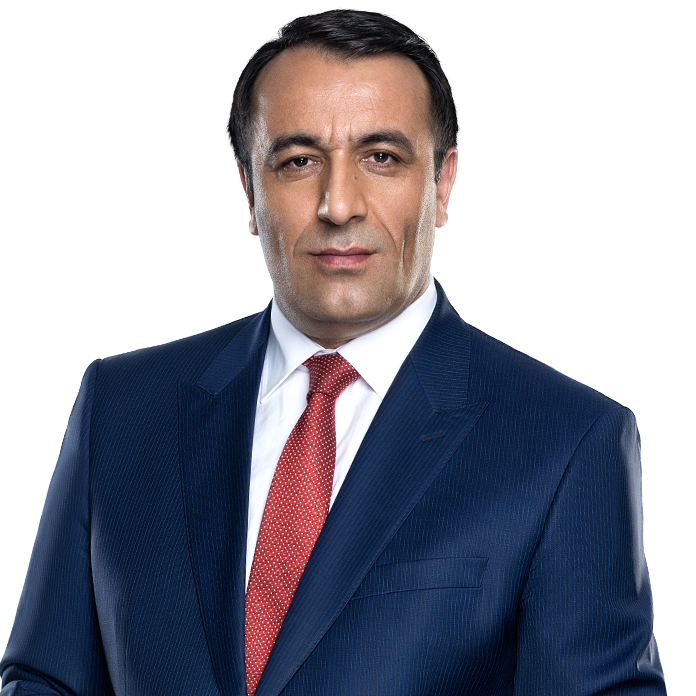The Foundation for Political, Economic and Social Research (SETA) organized a symposium entitled “Presidential System Implementations and Road Map for Turkey” to which President Erdoğan attended and where the “Presidential System Implementations in the World” report had been introduced.
In a period, where the presidential system arguments in Turkey are gradually intensifying and where ideological arguments also take place, this report presented a new vision in the sense of presenting country implementations and being instructive.
On the other hand, as well as the political or administrative arguments, we should also discuss the other fields of the presidential system that has a direct relation with economy, community and culture.
Thus, it's important to analyze the economic perspective of the presidential system, as well as its political aspect, during Turkey's transition to the presidential system.
While discussing the relation between the presidential system and economy, we should look at the sampled countries' economies, economy potentials and common points. At this point, the economic performance of the countries ruled by the presidential system can be instructive.
When the matter is economy and the presidential system, G20 countries are coming to the fore as prominent economies. When we look at which G20 countries are being administered with the presidential system, we can see that those countries are; the U.S., Argentina, Brazil, South Korea, Indonesia, Mexico, China and South Africa.
As for the members outside the presidential system (when we exclude the European Union Commission); India, Australia, England, Japan, Canada, Germany, Italy and Turkey are being administered with the parliamentarian system, France and Russia has semi-presidential system while Saudi Arabia has a dominant absolute monarchy system.
What's interesting is that the G20-member developing economies', who are being administered with the presidential system, weight in the global economies are gradually increasing. The performance shown by the countries, which are administered by the presidential system, in the 2008 crisis and their success in coming to the fore in many sectors like energy, logistics and commerce is the result of the fact that the political systems in the country are positively effecting the economy administration.
This category shows us that some common variables had a part in the system, which changed the balances in the global economy during the 2000s and turned the indicator towards the economies of the developing countries. While the economies, which developed during the 2008 global economic crisis, continued to advance, the developed countries paid a heavy price.
At this point, especially countries like China, Indonesia, South Korea and Mexico, who are being administered with the presidential system, and the policies those countries implemented in order to turn the global economic crisis into an advantage should be examined in order to present the benefits of the presidential system.
In Turkey, the political arguments over the presidential system, which we couldn't discuss thoroughly and only approached from the political angle, is overshadowing the transformation it will conduct in economy.
However, a presidential system that is suitable with Turkey's own political, social and cultural dynamics, can help Turkey reach the growth rate it wanted in the recent period and pave the way for making a new “Turkey Tale” in economy. Thus, the presidential system can become the driving power, which will mobilize the vision that is presented for the structural change in the economy.
As you can remember, Turkey gained a positive momentum in economy during the single party rulership in the 1980s, but in the 1990s, Turkey had been imprisoned to coalition governments. Also, we all know that the political instability formed in the country after the coalition governments, which frequently formed/disbanded, cost the economy of the country dearly.
In this sense, a presidential system that will reinforce the political stability, will be leaving the coalition governments, guardianship institutions and structures, which wounded Turkey's political and economic system deeply, in the past.
On the other hand, as it had been stated in SETA report, with the suggested presidential system; “… by taking the chronic issues experienced in political stability, justice in representation and the matter of active administration, we should go for a modelling that will construct a democratic system and provide the division of powers.”
Thus, while providing political stability, the presidential system also brings along a system that will increase the stability and effectiveness in the economy.
Therefore, for the sake of forming a synchronized force between the economy institutions, the economic perspective of the presidential system should be remembered as well as its political context.




















